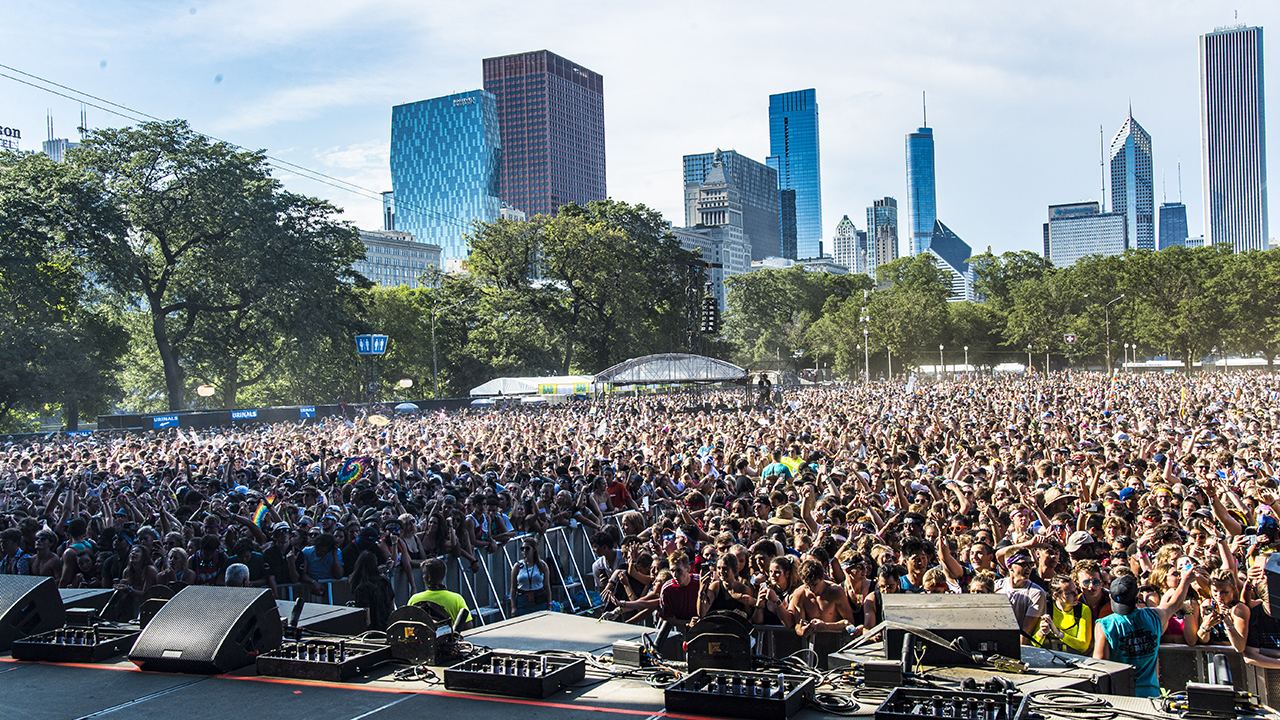Chicago marks 2nd anniversary of start of COVID pandemic, lockdown
CHICAGO (WLS) -- Chicago Mayor Lori Lightfoot reflected on the two-year mark since the pandemic shut down Chicago and the rest of the state.
It has been a very hard, very challenging two years for so many people. Nearly 7,600 Chicagoans have died from COVID-related causes, and more than 33,000 Illinoisans have perished. The early days of the pandemic and lockdown are unforgettable; the empty streets in the Loop made Chicago look like a ghost town.
READ MORE: Is the US about to experience another COVID uptick? What experts say
But as the city emerges from the pandemic, the mayor sees hope.

"We are in a much better place right now that we have been at any other point in the pandemic. But let me be clear the pandemic is not over. Every week we still are seeing 10 to 15 of our residents die," said Lightfoot.
Patricia Frieson was the first person in Illinois to die from COVID-19. Her sister Wanda passed 10 days later. Their brother said the family continues to mourn, but two years later they can finally smile about the time they shared together.
West Side pastor Marshall Hatch has lost at least eight members of his congregation to COVID, along with his own sister Rhoda who died from the virus at age 73 on April 4, 2020.
READ MORE: China orders 51 million into lockdown as COVID surges
Hatch said there has been plenty of grief, but he's seen the fellowship in his church deepen.
"I've noticed that people have been a lot more intentional about looking out for each other, keeping up with each other. And so in many ways, we've gathered less in the sanctuary space, but in many ways people have grown closer in their relationships," he said.
Archer Heights couple Maria and Lupe Lopez died before the vaccine was widely available, but their loved ones are grateful that others have survived.
"Seeing people try to live life again, that brings me and my family happiness," said Ricardo Lopez, son. "Despite everything we lost, there's a lot of good that came from it too."
Luis, an OEMC dispatcher, was an essential worker, and his family said the city has supported them through their loss.
"We've gotten a lot of support throughout the city, whether it's the Office of Emergency Management here, whether it's the Chicago Police Department," Lopez said. "Chicago didn't feel like a big city. It felt like a small family."
Mayor Lightfoot praised front line workers who labored through the pandemic and community partners who helped keep people safe. She credited the vaccine with helping the city get to this point, but she bemoaned the lingering lack of buy-in from the Black community.
The pandemic revealed inequities in healthcare, and though there's been progress, vaccination rates among white Chicagoans continue to outpace those of Latinos and Blacks.
"While 82% of Chicagoans age five and up have had at least one dose of COVID-19 vaccine, for Black Chicagoans that number is just 61%," Mayor Lightfoot said.
The Chicago Department of Public Health also continues to closely monitor COVID data.
"I can't promise what the future will bring, but I do feel very confident that right now, the risk is low enough. That it is appropriate, where people feel comfortable, to not have the universal mask requirement," said Dr. Allison Arwady, CDPH commissioner.
Dr. Arwady and Mayor Lightfoot cautioned that if there is a surge, mitigation measures could reinstituted to deal with it, but the mayor said it's her hope to never have to shut down the city again.





